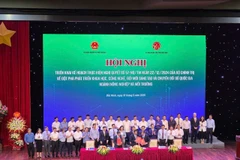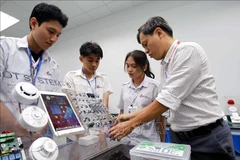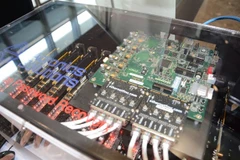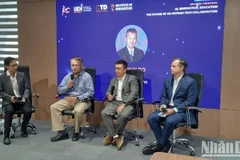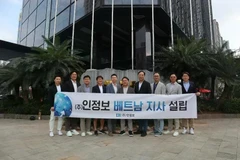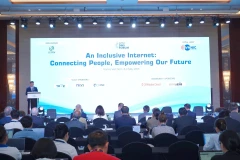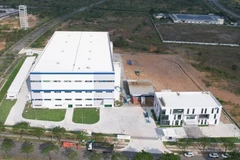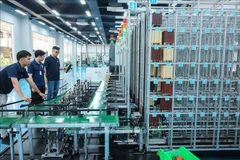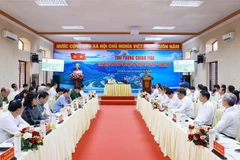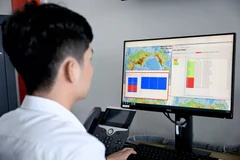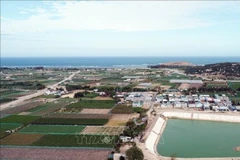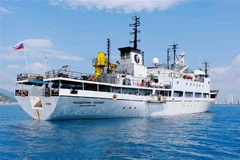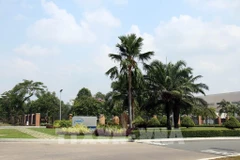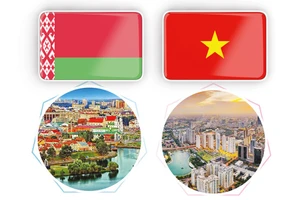 There were 14 million phishing attempts against internet users in the Southeast Asian region for the first six months of 2019. (Photo: vneconomy.vn)
There were 14 million phishing attempts against internet users in the Southeast Asian region for the first six months of 2019. (Photo: vneconomy.vn) Hanoi (VNS/VNA) — Vietnam is among the top three target countries forphishing websites in Southeast Asia in the first half of the year, according tothe global cybersecurity company Kaspersky.
Recent statistics gathered by Kaspersky showedSoutheast Asia remains a target of cybercriminals attempting to infect networksand devices through the simplest yet most effective trick called phishing. Theglobal cybersecurity company has detected a total of 14 million phishingattempts against internet users in the region for the first six months of 2019.
It reveals that there were over 11 million combinedattempts detected from these three countries. Moreover, Thailand logged nearly1.5 million attempts while the Philippines had over one million incidents.Singapore posted only 351,510 attempts from January to June of this year.
On the other hand, the ranking of SEA countriesdynamically changes when it comes to the percentage of users infected byphishing attacks. In Kaspersky’s phishing statistics for the first half of2019, it shows the Philippines has the highest percentage of phishing victimsat 17.3 percent. The growth posted is a whopping 65.56 percent higher comparedwith the data for the same period last year at 10.449 percent.
Malaysia scored the second highest with 15.8 percentof users infected through phishing from 11.2 percent in the first half of 2018.Coming behind is Indonesia with 14.3 percent from 10.7 percent last year,Thailand at 11.9 percent from 10.9 percent, and Vietnam followed closely at 11.7 percent from 9.4 percent.
Singaporerecorded 5 percent this year compared to 4.1 percent posted last year.
Phishing attempts refer to the frequency thatcybercriminals try to entice Kaspersky users to visit fraudulent websites tosteal their information in particular regions and territories. Meanwhile, thepercentage of infected users indicates the proportion of Kaspersky userstargeted by these phishing attempts within a given timeframe.
“This old but effective threat is real in SoutheastAsia and shows no signs of fading anytime soon. The region is composed of manyyoung and highly-mobile populations and, admit or not, we need to educate themon the risks of basic attacks like phishing. It is an accepted fact that theyoung users will buy a new phone then think of securing it physically but nevervirtually. And as long as individuals will continue to let their guard downwhen using the internet, we can be sure that we’d keep on counting phishingvictims again and again,” said Yeo Siang Tiong, General Manager for SoutheastAsia at Kaspersky. — VNS/VNA







